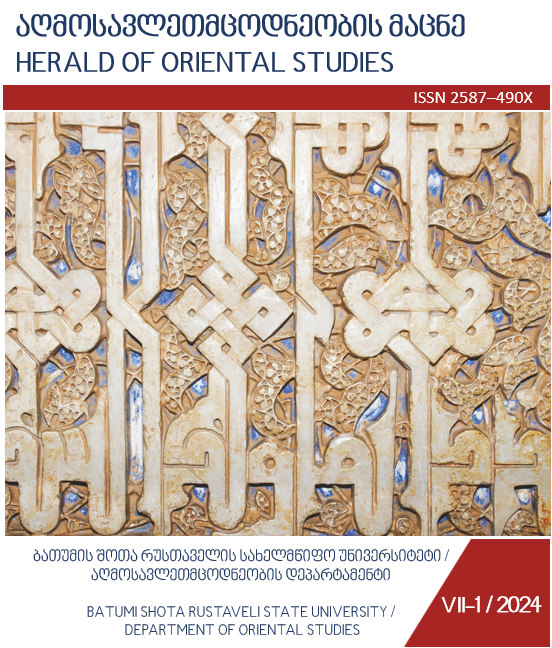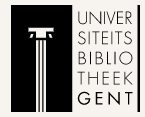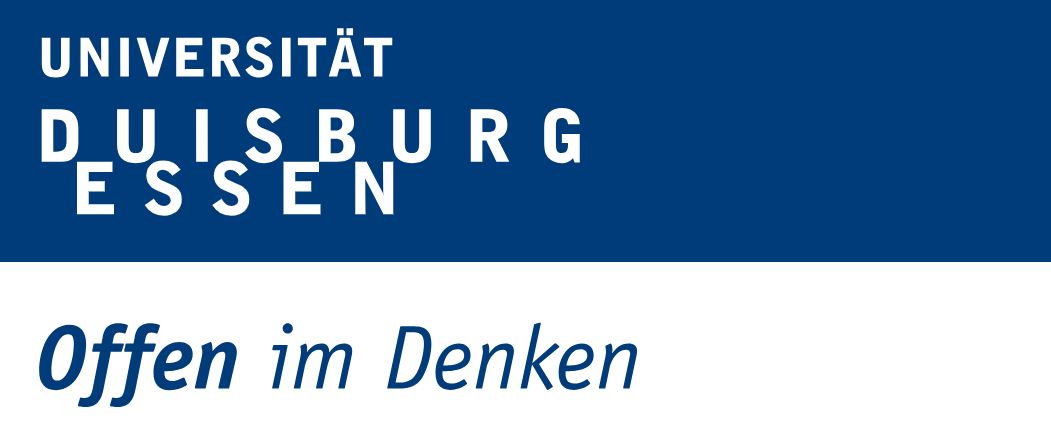To understand the prohibition and prohibited verses in the Quran
DOI:
https://doi.org/10.61671/hos.7.2024.7830Keywords:
Islam, The Qur’an, Verse, Prohibitive and Prohibited, Allah, MuhammadAbstract
In the modern world against the background of the growth of the Islamic factor one of the most pressing issues remains for all Muslims to quote individual places from the text of the Holy Book - the Quran and justify the desired idea. Different individuals, groups or political parties try to support their opinions by verifying the text of the Quran. At this time, there are mentioned such verses, which are considered invalid, i.e. abrogated, however, they are in the text of the Qur'an. According to the Muslim tradition, the Qur'an is a book revealed by God for Muslims, where no words have been added to it by humans, no changes can be made to it - additions or deletions. Therefore, it is problematic that for many, especially politically engaged Muslims it cannot be abrogated, or abrogated verses in the Qur'an. At that time, Prophet Muhammad himself had to provide an additional explanation of this or that verse, or an indication that the changes in the revealed revelations are from Allah himself.
After the death of Muhammad Muslim theology gradually created a theory about the abrogation of verses (Nasikh wa Mansukh), which remains relevant even at the modern stage, especially when the issue concerns the holy war (Jihad), the relationship of Muslims with people of other faiths, etc. For this reason, it is important to have knowledge about the prohibitive and prohibited verses in the Qur'an for both Muslims and non-Muslims. It is important to know that some ideas or admonitions in the Qur'an are given for temporary benefit and later, when the needs change, the given verse is also changed (abolished). Therefore, when discussing any issue, if we quote the text of the Qur'an, first of all it is necessary to know in what time and situation this or that verse was revealed and how universal an idea is conveyed in it. The present article deals with the study of the mentioned issues



































